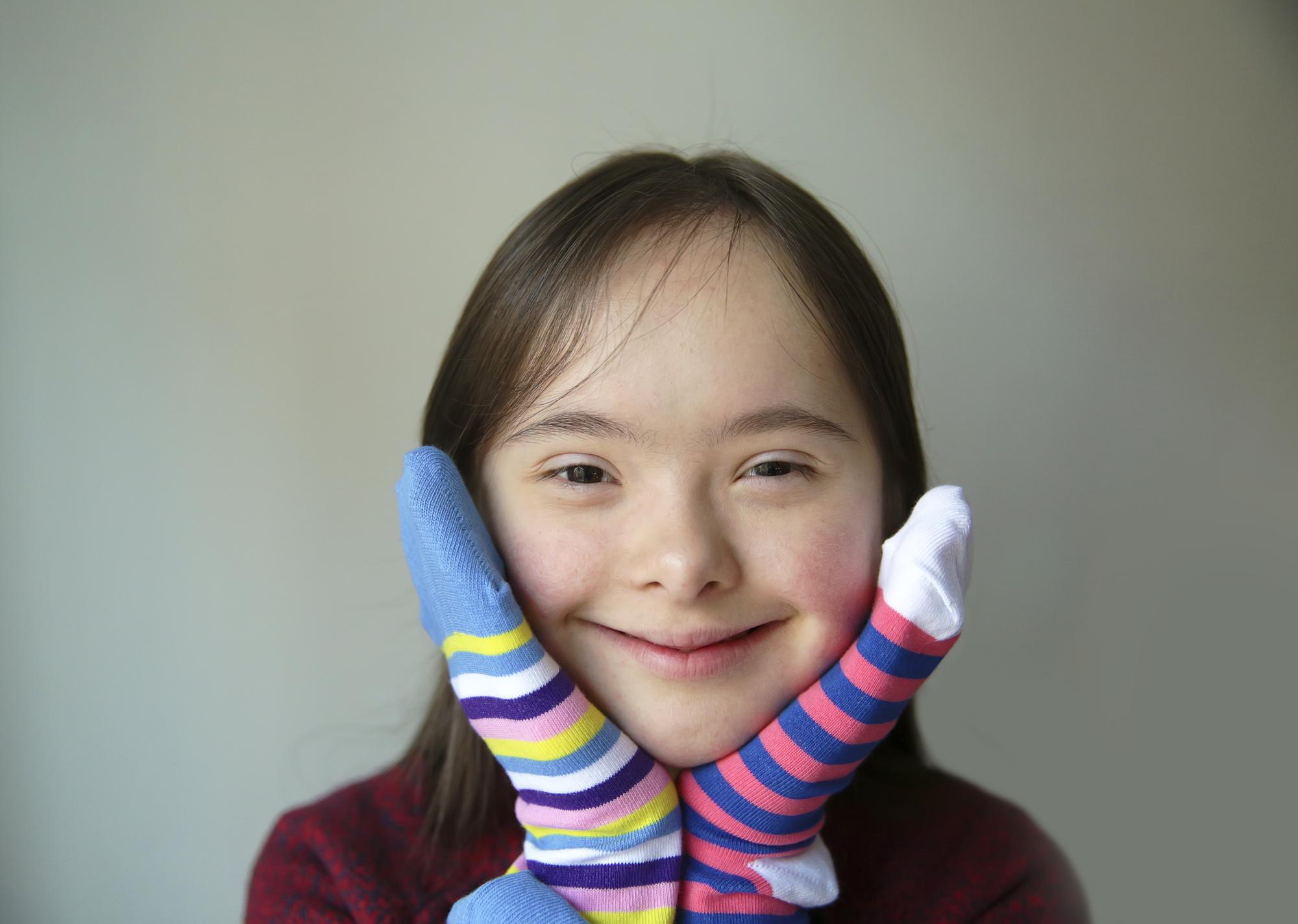Login
Signup
Down Syndrome in Children

Down Syndrome in Children: A Comprehensive Overview of Symptoms, Causes, Diagnosis, Management, and Associated Costs
Down syndrome is a genetic disorder caused by the presence of an extra copy of chromosome 21. This condition can lead to a wide range of physical and intellectual disabilities. This article provides a comprehensive overview of the symptoms, causes, diagnostic methods, available treatment options for children with Down syndrome, and the associated costs.

Symptoms of Down Syndrome in Children: Signs to Watch Out For
Children with Down syndrome may exhibit a variety of symptoms and characteristics, including:
- Physical characteristics: A flattened face, upward slanting almond-shaped eyes, a short neck, broad hands with a single crease in the palm, small fingers, and a wide gap between the big toe and the second toe.
- Medical problems: Heart defects, hearing problems, vision problems, thyroid problems, digestive problems, and a weakened immune system.
- Intellectual and developmental challenges: Delays in motor and speech development, mild to moderate intellectual disability.
Causes of Down Syndrome: The Genetic Roots of this Condition
Down syndrome is a genetic disorder caused by an extra copy of chromosome 21. This usually occurs at the time of conception and can take three different forms:
- Trisomy 21: In this case, every cell in the body has three copies of chromosome 21.
- Translocation: In this case, part of chromosome 21 attaches to another chromosome.
- Mosaicism: In this case, some cells in the body have two copies of chromosome 21, while others have three.
Diagnosing Down Syndrome: How Can This Condition Be Identified?
Down syndrome can be diagnosed before or after birth.
- Prenatal diagnosis: Screening and diagnostic tests can indicate the likelihood of Down syndrome in the fetus.
- Postnatal diagnosis: A definitive diagnosis of Down syndrome after birth is made by performing genetic testing and examining the chromosomes.
Treating Down Syndrome: Management and Care for Affected Children
Currently, there is no cure for Down syndrome, and treatment focuses on managing the associated symptoms and problems. This includes the following:
- Early interventions: Early intervention programs can help children with Down syndrome learn and develop various skills.
- Treatment of medical problems: Medical problems associated with Down syndrome, such as heart, hearing, and vision problems, should be treated by specialists.
- Educational support: Children with Down syndrome may need special educational support at school.
- Social and emotional support: Children with Down syndrome and their families need social and emotional support.
Costs Associated with Down Syndrome
Caring for a child with Down syndrome can be expensive. These costs include the following:
- Medical expenses: Specialist visits, diagnostic tests, hospitalization, surgery (if needed), and medications.
- Rehabilitation expenses: Physical therapy, occupational therapy, and speech therapy.
- Educational expenses: Costs related to special schools, private tutors, and other educational services.
- Home care expenses: Medical equipment, private nurse (if needed), and other care supplies.
Ways to Provide Financial Assistance to Children with Down Syndrome
Given the high cost of caring for children with Down syndrome, financial assistance from various organizations and institutions can play an important role in improving the quality of life for these children and their families. Some ways to provide financial assistance include:
- Charitable organizations: Many charitable organizations around the world provide financial assistance to children with Down syndrome and their families.
- Government agencies: Some government agencies also have support programs for children with Down syndrome.
- Public donations: Individuals and philanthropists can also help children with Down syndrome and their families with their financial donations.

The Importance of Financial Assistance
Your financial contributions can have a significant impact on the lives of children with Down syndrome and their families. These contributions can help cover the high costs of treatment and care, improve quality of life, and increase hope for the future of these children. Let us remember that any financial assistance, no matter how small, can be valuable to these children and their families.
In conclusion, caring for children with Down syndrome requires patience, love, and support. By providing the necessary support, we can help these children live happy and fulfilling lives.
The Importance of Financial Assistance for Children with Down Syndrome
Financial assistance plays a crucial role in the lives of children with Down syndrome and their families. The financial burden associated with managing this condition can be substantial, and external support can significantly improve their quality of life and overall well-being. Here are some key reasons why financial aid is so vital:
- Access to Quality Healthcare: Children with Down syndrome often require specialized medical care from a team of healthcare professionals, including cardiologists, endocrinologists, therapists, and developmental specialists. The costs of regular check-ups, treatments, therapies, and potential surgeries can quickly accumulate. Financial aid helps families afford these essential medical services, ensuring their child receives the necessary care to thrive.
- Early Intervention Programs: Early intervention programs are crucial for children with Down syndrome to reach their full potential. These programs provide early access to therapies, educational support, and specialized care, which can significantly impact their development. However, these programs can be expensive, and financial assistance helps families enroll their children in these vital services.
- Assistive Technologies and Equipment: Children with Down syndrome may require assistive technologies and equipment, such as hearing aids, visual aids, adaptive equipment, and mobility aids. These tools can enhance their independence and improve their quality of life. However, they often come with a significant cost. Financial aid helps families acquire these necessary tools, empowering their children to participate more fully in their daily lives.
- Specialized Education and Therapies: Children with Down syndrome may benefit from specialized education and therapies, such as speech therapy, occupational therapy, and physical therapy. These services can help them develop essential skills and reach their full potential. However, they can be costly and may not be fully covered by insurance. Financial assistance helps families access these crucial services, enabling their children to thrive academically and developmentally.
- Respite Care and Support Services: Caring for a child with Down syndrome can be physically and emotionally demanding for families. Respite care and support services can provide much-needed relief and allow caregivers to recharge. However, these services can be expensive. Financial aid helps families access these essential support systems, promoting the well-being of both the child and their caregivers.
- Long-Term Planning and Future Needs: Planning for the long-term needs of a child with Down syndrome can be overwhelming, especially when considering the associated costs. Financial assistance helps families prepare for future expenses, such as housing, education, and ongoing care. This support provides peace of mind and ensures that the child’s needs will be met throughout their life.
By providing financial assistance to children with Down syndrome, we invest in their future and empower them to reach their full potential. These contributions not only improve the lives of the children but also strengthen their families and communities. Together, we can create a more inclusive and supportive environment where individuals with Down syndrome can thrive and live fulfilling lives.